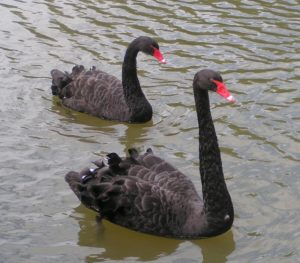Popper’s supporters argued that most criticism is based on an incomprehensible interpretation of his ideas. They argue that Popper should not be interpreted as meaning that falsifiability is a sufficient condition for the demarcation of science. Some passages seem to suggest that he considers it is only a necessary condition. Other passages would suggest that for a theory to be scientific, Popper requires (besides falsifiability) other tests, and that negative test results are accepted. A demarcation criterion based on falsifiability that includes these elements will avoid the most obvious counter-arguments of a criterion based on falsifiability alone.
DOI: 10.13140/RG.2.2.30071.47527
Tag: falsifiability
Criticism of Falsifiability
Thomas Kuhn criticized falsifiability because it characterized “the entire scientific enterprise in terms that apply only to its occasional revolutionary parts,” and it cannot be generalized. In Kuhn’s view, a delimitation criterion must refer to the functioning of normal science. Kuhn objects to Popper’s entire theory and excludes any possibility of rational reconstruction of the development of science. Imre Lakatos said that if a theory is scientific or non-scientific, it can be determined independently of the facts.He proposed a modification of Popper’s criterion, which he called “sophisticated (methodological) falsification”.
DOI: 10.13140/RG.2.2.30572.82568
Science and pseudoscience – Falsifiability
 The delimitation between science and pseudoscience is part of the more general task of determining which beliefs are epistemologically justified. Standards for demarcation may vary by domain, but several basic principles are universally accepted.
The delimitation between science and pseudoscience is part of the more general task of determining which beliefs are epistemologically justified. Standards for demarcation may vary by domain, but several basic principles are universally accepted.
Karl Popper proposed falsifiability as an important criterion in distinguishing between science and pseudoscience. He argues that verification and confirmation can play no role in formulating a satisfactory criterion of demarcation. Instead, it proposes that scientific theories be distinguished from non-scientific theories by testable claims that future observations might reveal to be false.
DOI: 10.13140/RG.2.2.29821.61926